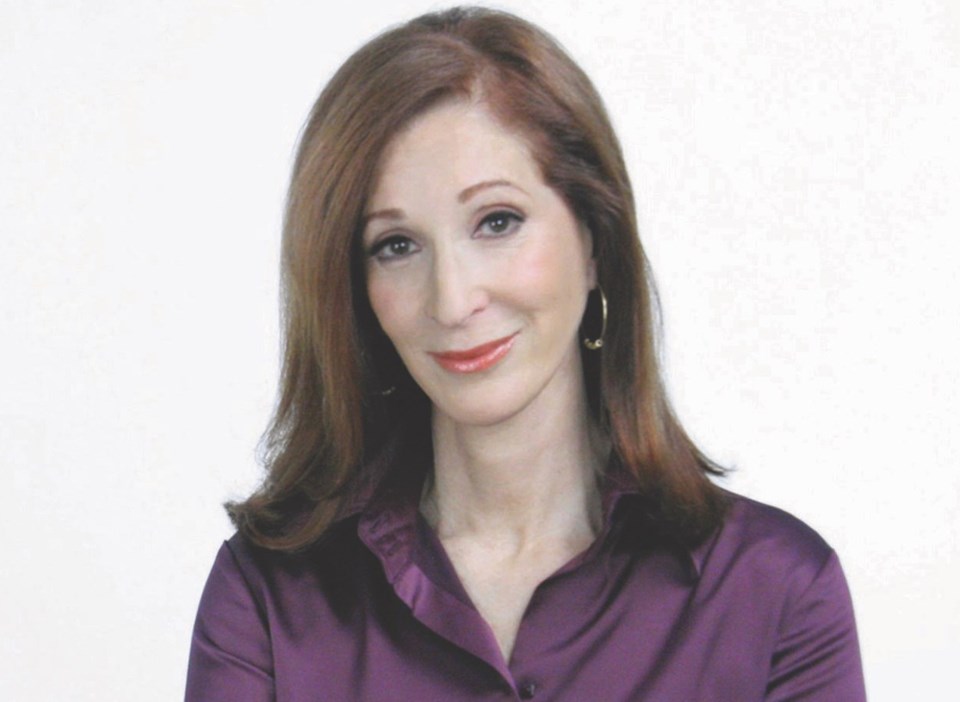Dear Readers: The COVID-19 spread has demanded new protocols in how we live in Canada. The social distancing we did just weeks ago is no longer enough to prevent the possibility of contagion.
The advice I gave to a family about Easter dinner, written two weeks before publication, is now totally wrong, which I deeply regret, in light of the newest data about how many lives are at risk if we don’t act defensively, immediately.
We must stay home, self-isolate and follow the advice of public health officials and our governments. Do NOT have social gatherings in person, neither Easter dinner nor Passover Seders nor Ramadan gatherings or any other get-togethers.
Ellie: Since so many of you are living and working differently from how you did before the coronavirus pandemic, how have those changes affected your relationships?
Working at home, with your children there too, learning and doing homework remotely?
Or “stuck” inside because you’re over 70, and considered vulnerable to the virus?
Or, are you and your partner both at home working online or trying to stay connected and present?
The potential relationship pitfalls look clear: Boredom, anxiety, negativity, outright fear.
My advice? Find solutions. That’s not as hard as you first imagine.
Some of what I’ve heard from those who’ve written me and from my personal contacts: The stress on parents as schools closed was huge, but those who reacted practically helped ease the situation for themselves and the children.
Most important is explaining age-appropriately to your children what’s going on.
Make them part of the household “team” handling the situation.
Dividing the dining table for the housebound students to work on is one approach. Buying very inexpensive desks and chairs, so they can work more separately, is another.
Next most important is getting along with your closest people. There’s already enough stress without sinking into disagreements and lack of understanding.
Appreciate that people feel stress differently, even if you’re a couple who’ve lived together for years
No matter how well you know each other, you might not recognize when your partner is just plain scared.
Or, you may be opposites when it comes to information overload.
In a time of crisis, we’re individuals, yet still need each other. Make room for the others in your life to express different reactions from yours.
Feedback: Regarding the woman separated from her emotionally abusive husband, with small children (March 14):
Reader: “The secret to a happy marriage: When he picks you. When he listens to your ideas and respects your opinions. When you hear him brag to his friends about your accomplishments. When he says through voice and actions he loves you.
“This woman is caring about how she feels more than how the situation affects her children. Her feelings are only fleeting moments for what she believes makes a “happy family.” Yet she doesn’t want to keep moving in “separate directions.”
“That is exactly what she’s doing by not providing emotional stability. She hints that their dad will come back where they’ll all be a “family” again.
“This is absolutely unfair to her children and she is causing their confusion.
“Her loneliness is driving her emotion, covering up past reality.
“His need for abuse therapy is only surpassed by her need of therapy to determine, why she thinks being with a proven abuser is better for her children and for her loneliness.
1. He showed “no respect or kindness in times of strife;”
2. She says, “we still love each other.” But it seems she loves him, not him loving her;
3. She’s insisting, but he’s not a willing participant in shared birthdays, etc. when she states, “which I pushed for and he begrudgingly adopted.”
Feedback: Regarding the woman who was turned off by her date using medical terms when speaking about intimacy and sex (March 18):
Reader: “He was autistic. It’s not OK to dump people because of quirks. She described his autism pretty clearly. Autistic people aren’t comfortable with touch, but they’ll get used to the person and rock their world.”
Ellie: Thanks for your support of autistic people, which is much needed. That’s why I published your response, though I disagree with your assumption. There might be similarities of which you’re aware with the reactions of some autistic people during moments involving touch, but I, personally, cannot make that assumption when there’s no mention of it from the writer.
She wrote that they dated a while, they’re both late-40s, he’s divorced, had previous relationships.
She’s unlikely not to have known or suspected there was a specific cause for his off-putting terminology. Thanks for caring.



